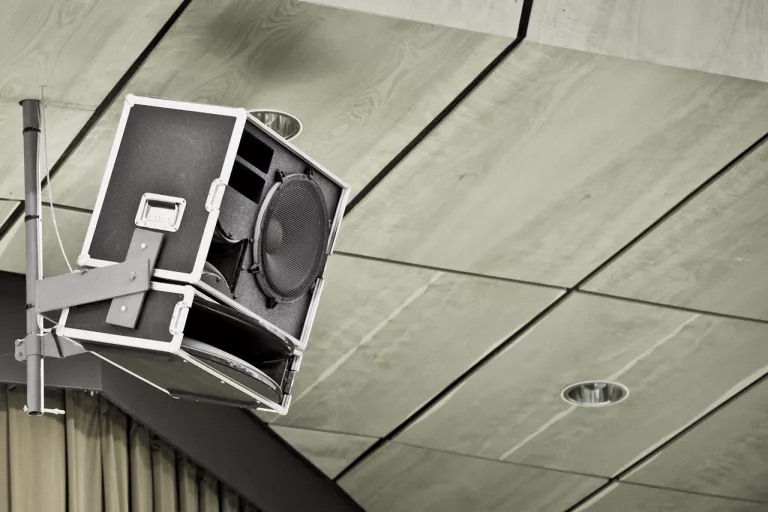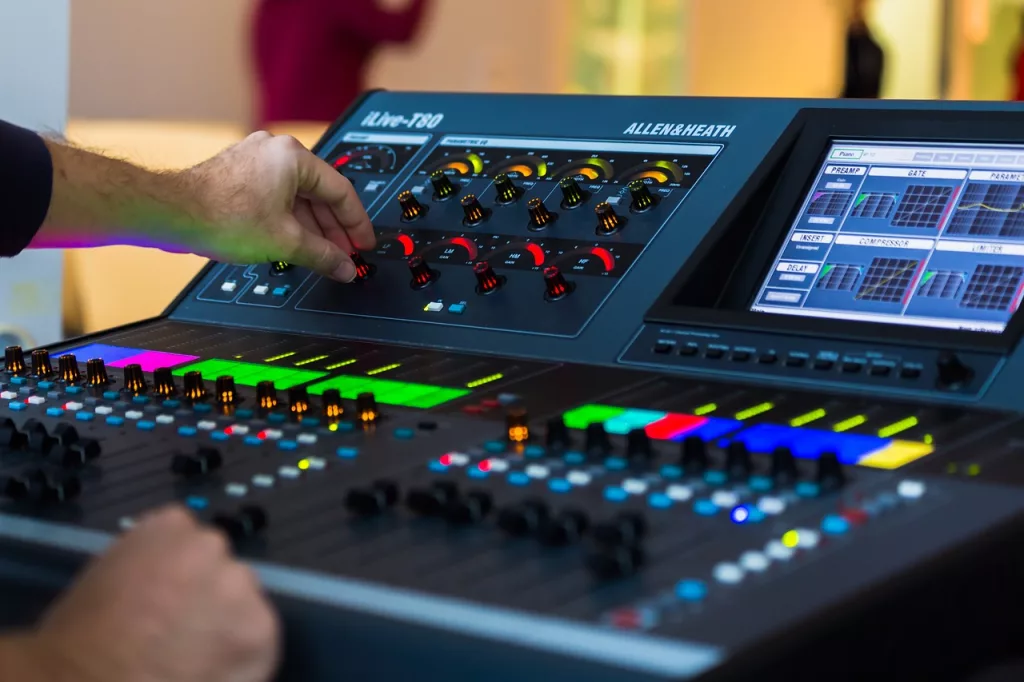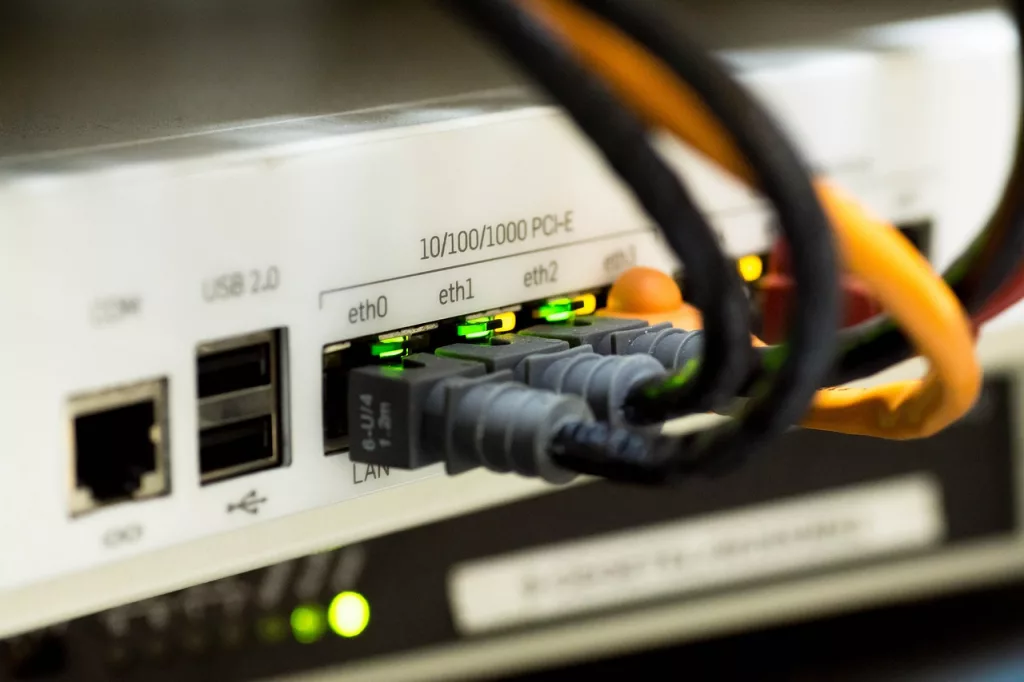The Sound Manager: Sound Architect Behind the Scenes


The magic of a concert, which captivates crowds and transcends the boundaries of emotion, often rests on the shoulders of the sound manager.
This discreet but essential professional works in the shadows to create an exceptional sound experience. So let’s explore the crucial aspects of this fascinating profession in more detail.
Sound manager: Technical Mastery of Audio Systems
The sound manager stands out for his technical mastery of audio systems. From sophisticated mixing consoles to cutting-edge speakers, he deftly navigates through an arsenal of equipment.
His in-depth knowledge of audio technologies allows him to get the most out of each component. This guarantees optimal sound quality.
Deeply aware of the different audio technologies available on the market, the sound professionalmust stay at the forefront of the latest advances.
For example; in terms of digital mixing consoles, active speakers, and sound processing tools.
Sound manager: Close collaboration with the Artists
Close collaboration between the manager and the artists is an essential aspect of this profession. Before each performance, in-depth meetings are held to understand artistic expectations.
This includes the specific nuances of each performance, and individual sound preferences.
Going beyond technical requirements, interaction with artists requires an artistic sensitivity developed to translate the musical vision on stage.
Therefore adjusting the settings according to the subtle nuances of each performance, the manager creates a perfect symbiosis between music and sound.
Sound manager: Installation and Configuration of Equipment
Before the curtain goes up, the sound manager plays a key role in the careful installation and configuration of the audio equipment.
This includes the strategic positioning of microphones, complex cabling, and precise adjustments to ensure optimal sound reproduction.
Before each performance, the professional adapts his approach to each concert hall, taking into account its unique acoustic characteristics.
Using advanced techniques such as phase modulation and acoustic correction, it optimizes sound quality depending on the environment.
Sound Manager: Live Performance Management
The sound manager’s true talent comes through during live performances. Becoming the invisible conductor, he adjusts sound levels, balances frequencies and reacts instantly to artistic variations and possible technical problems.
Live management requires in-depth knowledge of the musical repertoire. This includes the ability to anticipate dynamic changes, and a keen ear for noticing subtle nuances.
An exceptional sound manager excels in responsiveness, therefore ensuring a flawless sound experience for the audience.


Sound Manager: Rapid Resolution of Technical Problems
The entertainment world is unpredictable, and the sound manager must be ready to resolve any technical problems quickly.
His in-depth knowledge of audio systems allows him to quickly identify and therefore correct problems. This ensures a smooth experience for the audience.
Problem-solving skills go beyond basic technical knowledge. The sound manager must be able to quickly diagnose breakdowns. He must alsopropose temporary solutions in case of emergencyand collaborate effectively with other professionals to resolve problems transparently.
Sound manager: Coordination with the Technical Teams
The success of a representation relies on flawless coordination between the technical teams.
He collaborates with other backstage professionals, such as lighting designers and stage managers, to create a seamless experience.
Coordination requires a thorough understanding of the technical requirements of each aspect of the show.
He must therefore be able to communicate effectively with other technical teams. For example, using a common language to ensure flawless execution of the show as a whole.
Sound engineer: Continuous Technological Evolution
The audio industry is evolving rapidly, and the sound manager must stay on top of the latest advances.
Adopting new audio technologies, understanding cutting-edge software, and anticipating emerging trends are therefore crucial elements to remain competitive.
Technological developments are not limited only to audio equipment. He must also be aware of the latest trends in music production, studio recording, and innovations in audio broadcasting.
Sound manager: Network Management and Connectivity
In the digital age, network management and connectivity have become essential skills for the sound manager.
Audio systems based on the network with advanced communication protocols: the professional must therefore guarantee reliable connectivity for all equipment involved in sound production.
Network connectivity often extends beyond just the mixing console. Modern systems integrate various devices and software that must work in a synchronized way. It must understand network protocols, IP configurations, and wireless technologies to ensure stable performance.


Integration of MIDI Technology
The integration of MIDI (Musical Instrument Digital Interface) technology is an important aspect of the sound manager’s work.
This technology allows communication between different electronic musical equipment. This provides extensive control over elements such as synthesizers, sequencers and effects.
A thorough understanding of the MIDI protocol is therefore crucial to taking advantage of its capabilities.
The sound engineer must be able to configure and program MIDI devices.This allows for seamless integration of electronic instruments into the overall soundscape.
Adaptation to Varied Musical Genres
The sound manager must be a musical chameleon, able to adapt to a variety of musical genres.
Each genre has its own sound requirements, and the professional must adjust EQs, effects, and levels based on the unique characteristics of each musical style.
Adapting to musical genres is not just limited to technical settings. The sound manager must also have in-depth knowledge of the artistic conventions of each genre.
This therefore includes sound expectations, artist preferences and the technical specifics linked to each musical style.
Support for Immersive Experiences
The evolution of live performances towards more immersive experiences places new challenges before the sound manager.
From surround sound concerts to 3D audio installations, the professional must master the techniques to create sound experiences that transcend conventional standards.
Supporting immersive experiences often involves the use of advanced technologies such as spatial audio.
The sound manager must therefore understand the principles of sound spatialization. He must use specific speaker systems and dedicated software to create immersive sound environments.
Virtual Performance Management
With the advent of virtual performances and online concerts, the sound manager must broaden his skills to adapt to these new forms of representation.
This involves mastering streaming technologies,managing remote audio feedback and creating a captivating sound experience across digital platforms.
Managing virtual performances therefore requires a thorough understanding of the unique challenges posed by online concerts.
This includes audio-video synchronization, managing real-time feedback and creating an engaging sound atmosphere through the screens.


Conclusion
The sound engineer is much more than a technician behind a mixing console. He is a sound craftsman, creating an invisible canvas that envelops the audience in an immersive sound experience.
